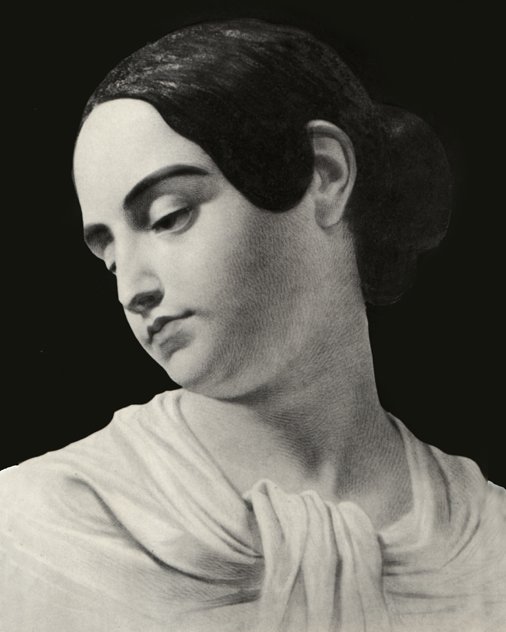95.
Sissy took something from under her pillow. It was
a small portrait of Eddy, looking young, bright, dashing. She gave it to Loui,
then found in a portfolio also hidden under her pillow an old letter, foxing
yellow, with a brown curved edge where it had started to burn. "It's from Mr. Allan's second wife. Eddy threw it in the fireplace
without opening it. He had just heard that he was left out of Mr. Allan's will." Sissy was losing her breath again. "I . . . saved it from the flames!" She handed it to Eddy. Louisa Allan had not
abandoned him, she had simply ignored him, refused to get to know him, and
never once encouraged his so-called foster father to forgive him for being such
a disappointment. I'm so sorry, Edgar. He now read the words she had written soon
after Allan died. I want to make amends. It was all my fault Mr. Allan never
answered your last letters. I could have softened his heart, but I didn't. A sin of omission for which I wish to atone.
I want to see you. I want to help you. Please write back. That
was thirteen years ago. If he had only read
and answered the letter instead of assuming she was a mere appendage of
her cruel husband; if only he had agreed to see her, she could have
saved him from
abject poverty. His whole life would have been different. Hers too.
"Promise me you'll keep that letter," Sissy said.
"Why? It's too late now. Why didn’t you show it to me
years ago? What good will it do me now?"
"I thought you would’ve been upset with me for
not letting it burn. Please, Eddy, please." She started coughing now, without inhaling,
just gasping and hacking.
"I certainly will keep it, dear Sissy," he said, struggling against unmanly tears as he
put the letter into the portfolio and took it to his desk. "I understand," he said, sobbing and wishing even more for a
drink.
"Everyone thought you a disgrace," said Muddy, "when you got yourself thrown out of West Point.
Mrs. Allan's letter shows that you did not deserve to be
treated that way."
"Darling, darling Muddy," Sissy was struggling even more to speak. "You will console and take care of my poor Eddy—you will never, never leave him? Promise me,
then I can die in peace."
"Where would I go? To Neilson? Don't worry, my child."
Sissy seemed to relax as a serene smile appeared
for a second or so. Then she started gasping for breath, heaving, exhaling
without inhaling.

